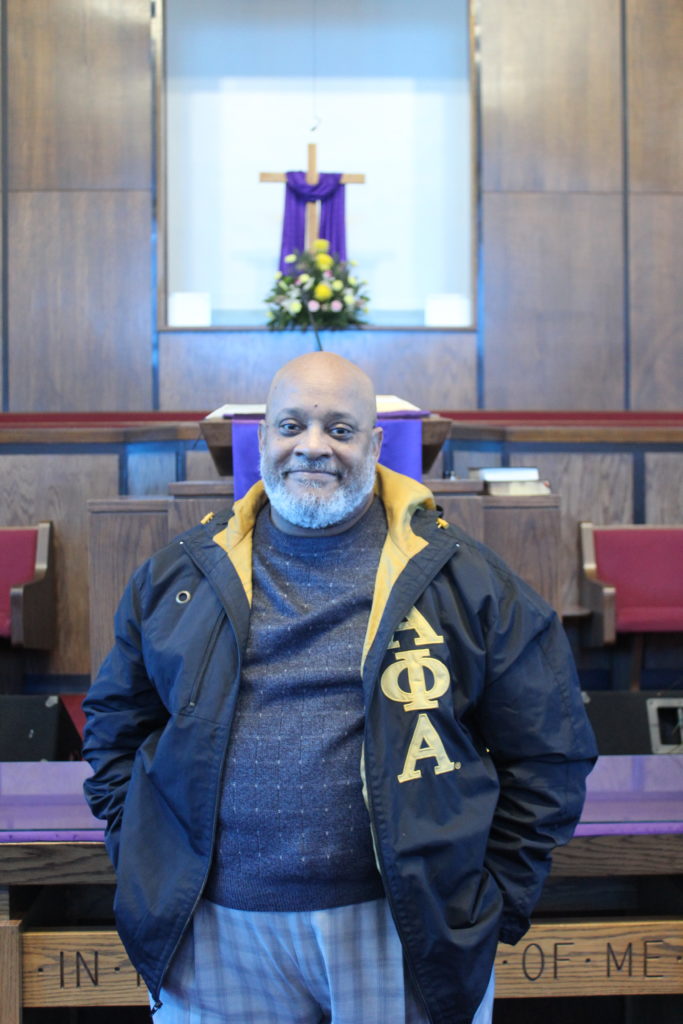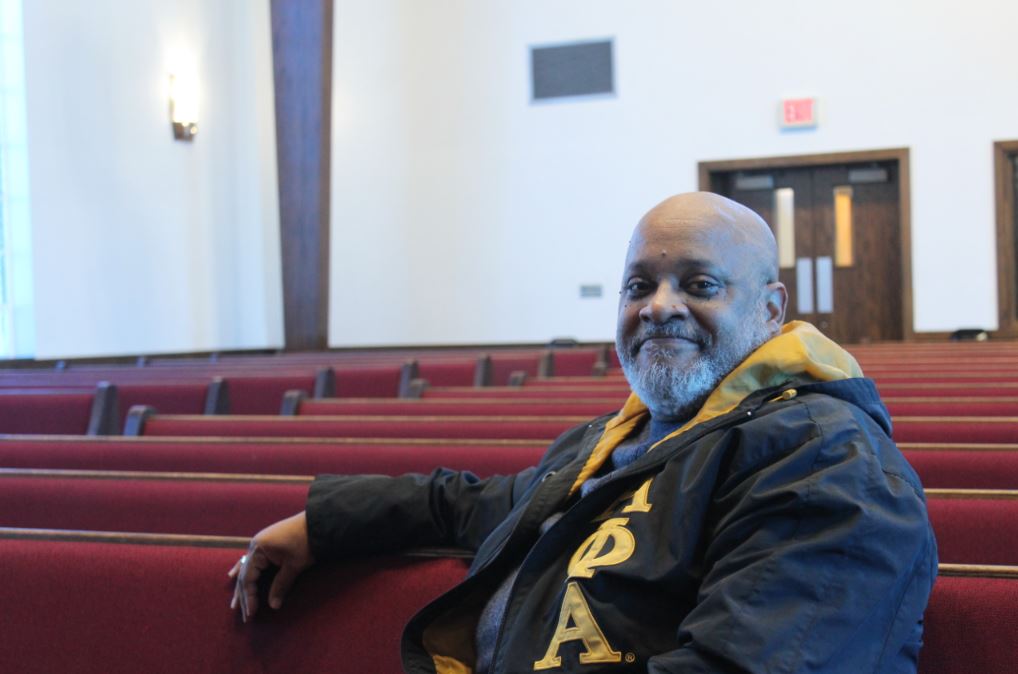By Ariel Worthy
The Birmingham Times

When the Rev. Chris Hamlin had two friends die of human immunodeficiency virus, or HIV—which can lead to the development of AIDS—he knew it was time for him to play an active role raising awareness about the disease.
“I knew that as a pastor I needed to do more than what I was doing to make the African-American community aware, especially with numbers spiking,” he said. “My role [at the University of Alabama at Birmingham (UAB) 1917 Clinic] initially was to encourage African-American communities to do more than what we had been doing for awareness, treatment, testing, and care.”
AIDS is a disease that weakens the immune system, gradually destroying the body’s ability to fight infections.
In 1992, Hamlin joined the AIDS Alabama board, and he’s been involved ever since in the fight against the disease. Today, he serves as chaplain with the 1917 Clinic, a facility that specializes in HIV- and AIDS-related cases. He also is director of the HIV/AIDS African-American Faith Based Initiative.
After more than two decades of service the work remains for Hamlin and others.
According to the U.S. Census Bureau, African-Americans make up 26.8 percent of Alabama’s population, but have accounted for 70 percent of all newly diagnosed HIV cases in 2016 and 64.3 percent of all persons living with HIV to date.
Hamlin, pastor of Tabernacle Baptist Church in Smithfield, said the church is still a vital institution for much of the black community, which is why HIV should not be ignored.
“[The church] has historic preservation,” he said. “The Civil Rights Movement was anchored in the church; leaders in the church served a very important role in it. [Most] African-Americans are connected to the church in some way, so it serves as a natural spirit. As a pastor, that’s where I needed to start to have the greatest amount of impact.”
Since 2002, Hamlin has been an important part of outreach for the 1917 Clinic, said Director James Raper, Doctor of Science in Nursing: “He coordinated all those efforts in the African-American community, particularly among congregations.”
Many churches were reluctant to get on board at first, Hamlin said.
“When I started in 2002, … only one or two churches allowed us to come,” he said. “The prerequisite was that whatever presentation we did had to be abstinence-based, which we complied with, of course. We always opened [the sessions] for questions.”
When many asked about condom usage and saw how easily HIV can be contracted, pastors saw the need to have heartfelt conversations about the disease, Hamlin said, adding that many in the black community living with HIV do well as long as they adhere to their prescribed medication regimen.
“It is pretty much what your life would be without HIV,” he said. “A lot of our patients succumb to death, as all of us will, but typically it’s not a result of HIV; it’s because of other things that happen to them.
“The key is to know your status and get care. If you put yourself at risk of HIV, you need to know your status. It’s very easy to get tested: a 20-minute test, and you can know your status.”
Hamlin said he was apprehensive about working in an HIV clinic when he first began.
“What was happening in the community outweighed any of my personal concerns,” he said. “As a pastor who is legitimately concerned about what is affecting your congregation—whether it’s poverty, heart disease, or diabetes—you do what you have to do. [Through] your ministry [you can provide] pertinent information. You lay aside your personal feelings.”
The objective remains to get people tested, Hamlin said.
“A large number of people are HIV positive, and they don’t know [it]. That’s where the virus is being transmitted,” he said. “That’s the greatest challenge.”




